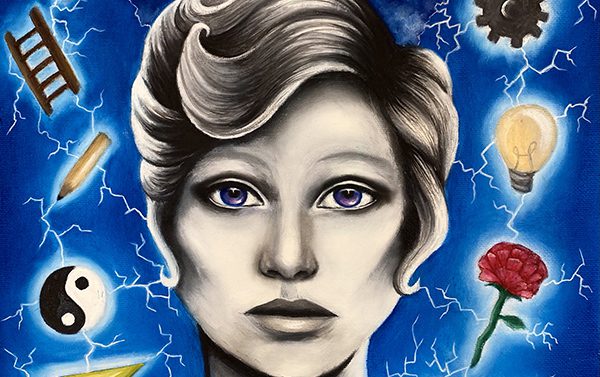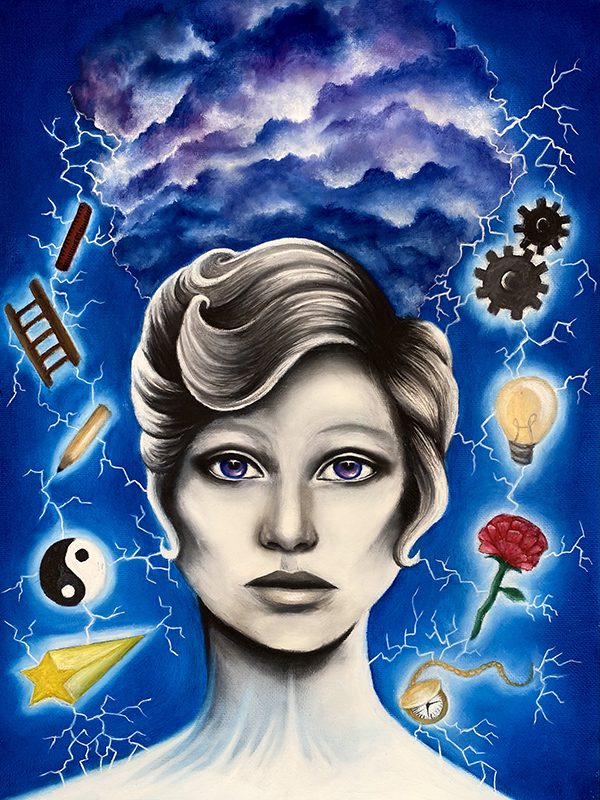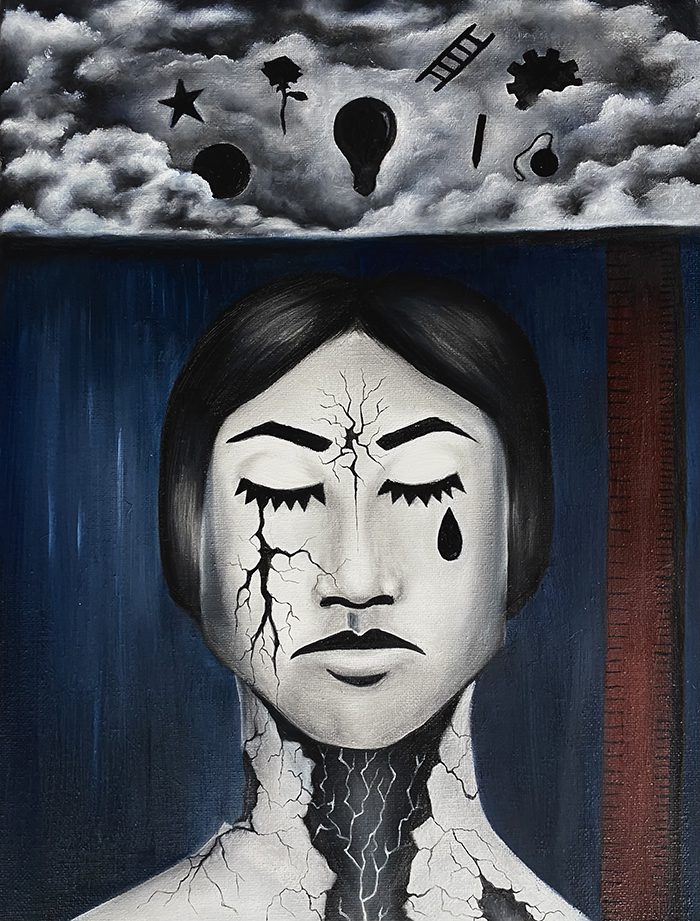The Idealist
The challenge for the Idealist archetype is to manage the paradox of reality and possibility. The Idealist can see what’s possible and has a clear vision about how things could be. Value driven with a natural sense of the purpose; they strive to achieve wholeness by using their natural talents to manifest ideas from the hidden world into the created world. They are planners, designers and creators. The Idealist sees the possible in everything, envisioning not only what something could be, but how it would feel, what it would invite and how others could interact with it. Life is viewed through the lens of potential. The Idealist can become unsatisfied, but this lack of satisfaction is also what drives them toward improvement and change. They love to start projects and can hold many different possibilities in their minds at the same time. The Idealist is most fulfilled when in the planning and designing stage of a project. On a personal level, the Idealist knows what sort of person they could become. They set the bar just high enough that they can achieve their goals and revision the next set of steps on their journey to realize their own potential. This idealism can be applied to relationships, health and physical fitness, a career, child rearing, etc. The Idealist can get things from the design into reality because they are clear and motivated about the work and cost of doing so but they prefer to collaborate with others as they are aware of their tendency to drop the ball when the design stage is past and when things get messy. They surround themselves with those who can support them through to the finish line. The Idealist can remain fluid, with one foot in the world of ideas and the other in the world of reality without becoming attached to one or the other. That is their great strength. The Idealist inspires others to see the potential all around them, and the Idealist is a natural leader whom others want to follow. They are often artists, philosophers and political thinkers. Some examples include Immanuel Kant, Susan B. Anthony, Ralph Waldo Emerson and Fred Rogers.
Some key words associated with the Idealist
- Principled
- High Standards
- Visionary
- Possibilities
- Designer
- Wholeness
- Potential
- Improvement
- Purpose Driven
- Leadership
The Dystopian
The Dystopian has high expectations of themselves and others. They are prone to negativity. They see only what is missing, where there is lack and what is wrong with, themselves, with others and their immediate world around them. For some this extends out to the wider world where they complain about what is wrong with the world at large. They pride themselves on their high principles, but these often lead to unrealistic expectations and a need to control. They can be critical and harsh on others who don’t meet their ideals and who don’t fit into their vision of reality as it could be. The Dystopian rides a roller coaster of excitement at the possibility and descends into depression when reality disappoints. They romanticize about the future, desiring the idyllic and picturesque while divorcing themselves from the practical and often messy process of existence. They can become fixated on perfection, attaining the impossible and sabotaging the manifestation process so that the ideal remains intact and untainted. They have difficulty flowing with life and struggle to accept things as they are when life could be improved. When disenchanted with reality, the dystopian descends into a depression of despair and helplessness. They see what is possible but cannot see a way forward. When the Dystopian is unable to force their ideas into some form of expression they become withdrawn, suffering from mental frustration, isolation and lack of stimulation. They are unable to relate their inner principles and ideals to the real world. They live in a twisted inner world where their ideas are regularly cannibalized by their own inability to reconcile the paradox of potential and realism. Another expression of the Dystopian is to force their ideals onto others in an attempt to create a utopian world. This is done with the conviction that they are requiring others to rise to a standard of excellence and perfection that can be accomplished no other way but through force, manipulation and fear. This expression results in megalomania, narcissism and other dysfunctions. The Dystopian is an extremist, demanding from others what is beyond reality.
Some examples include Woodrow Wilson, Karl Marx, Franklin D Roosevelt
Some key words associated with the Dystopian:
- Demanding
- Controlling
- Unrealistic Expectations
- Utopia
- Perfection
- Delusional
- Destructive
- Self-Centered
- Extremist
- Forceful



